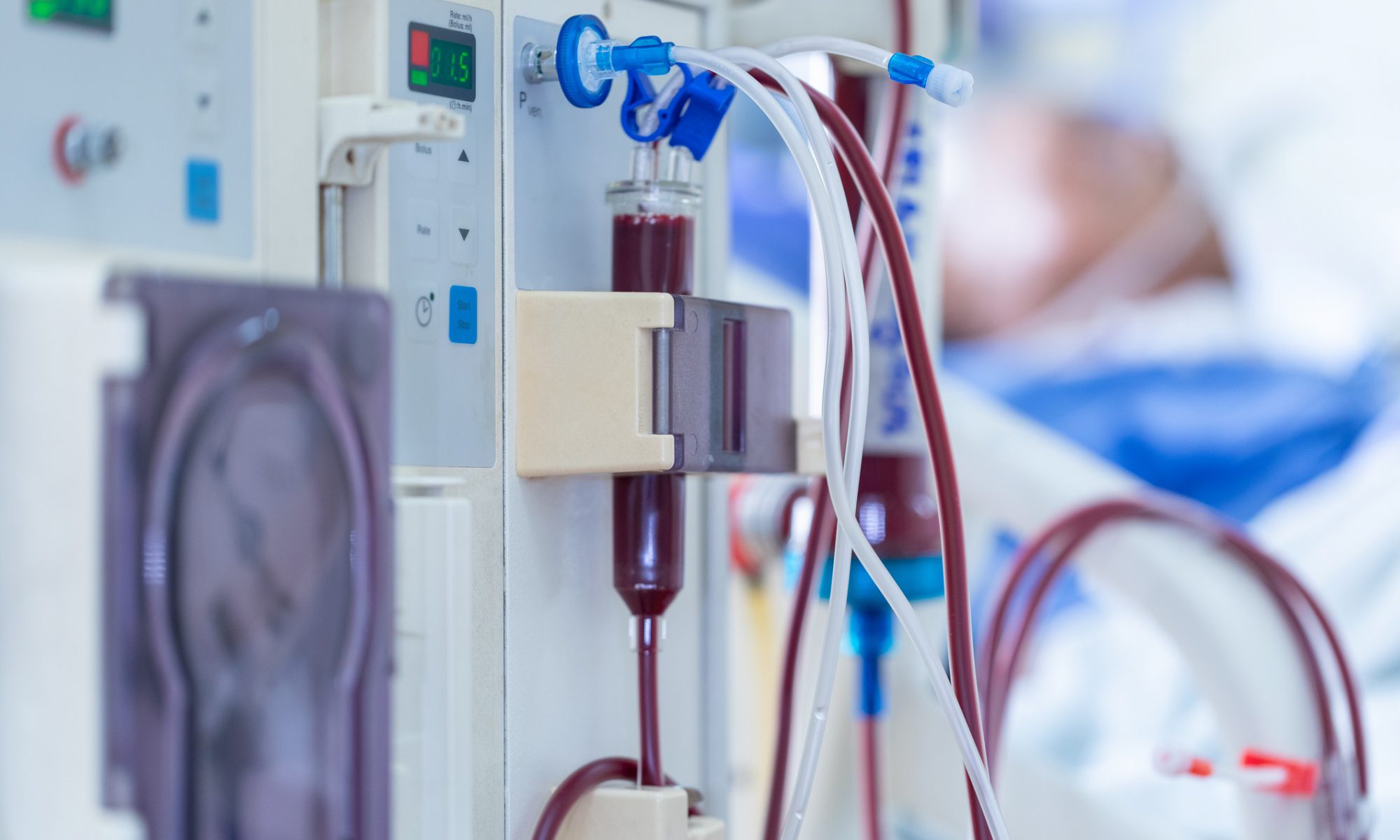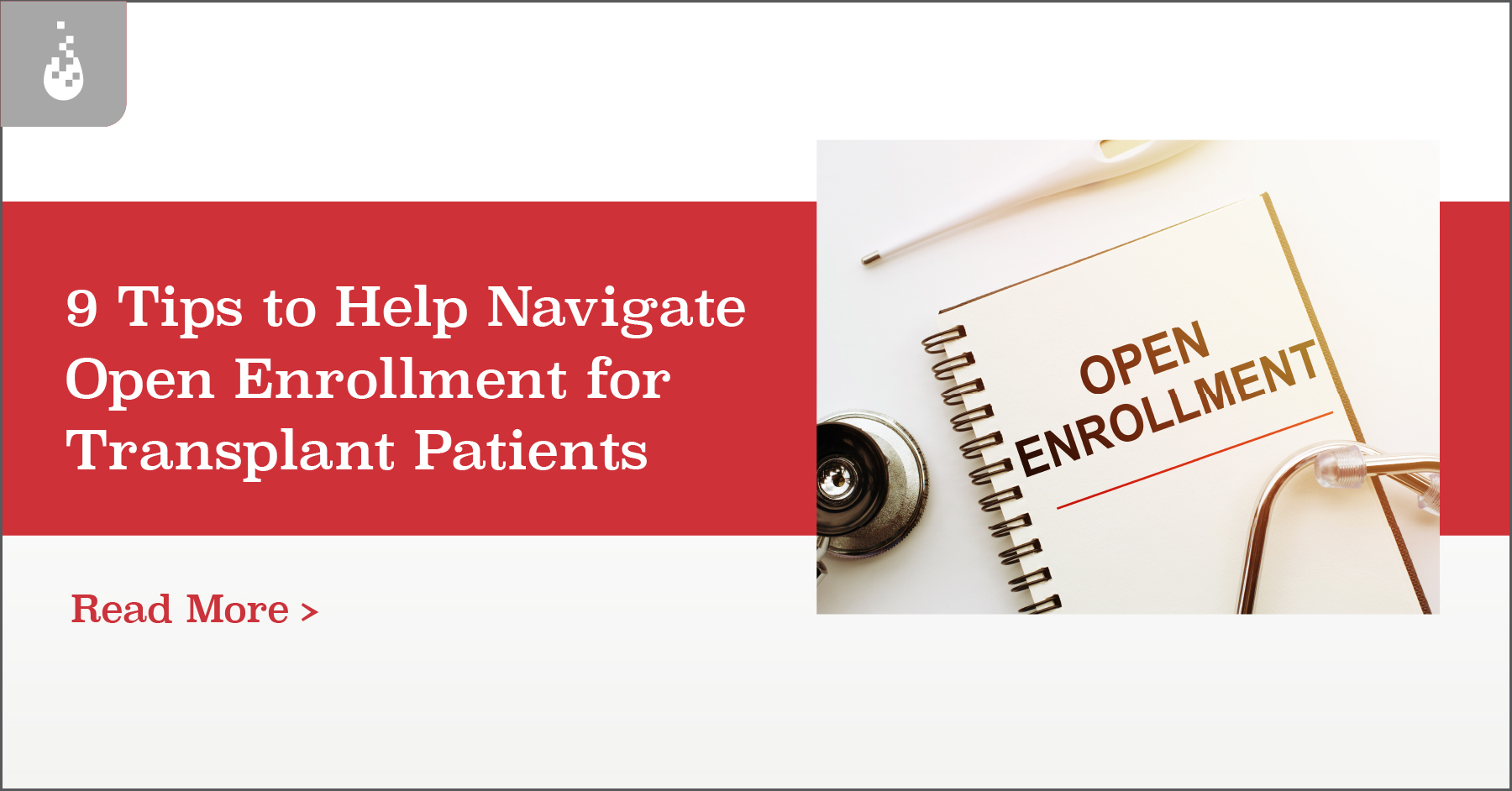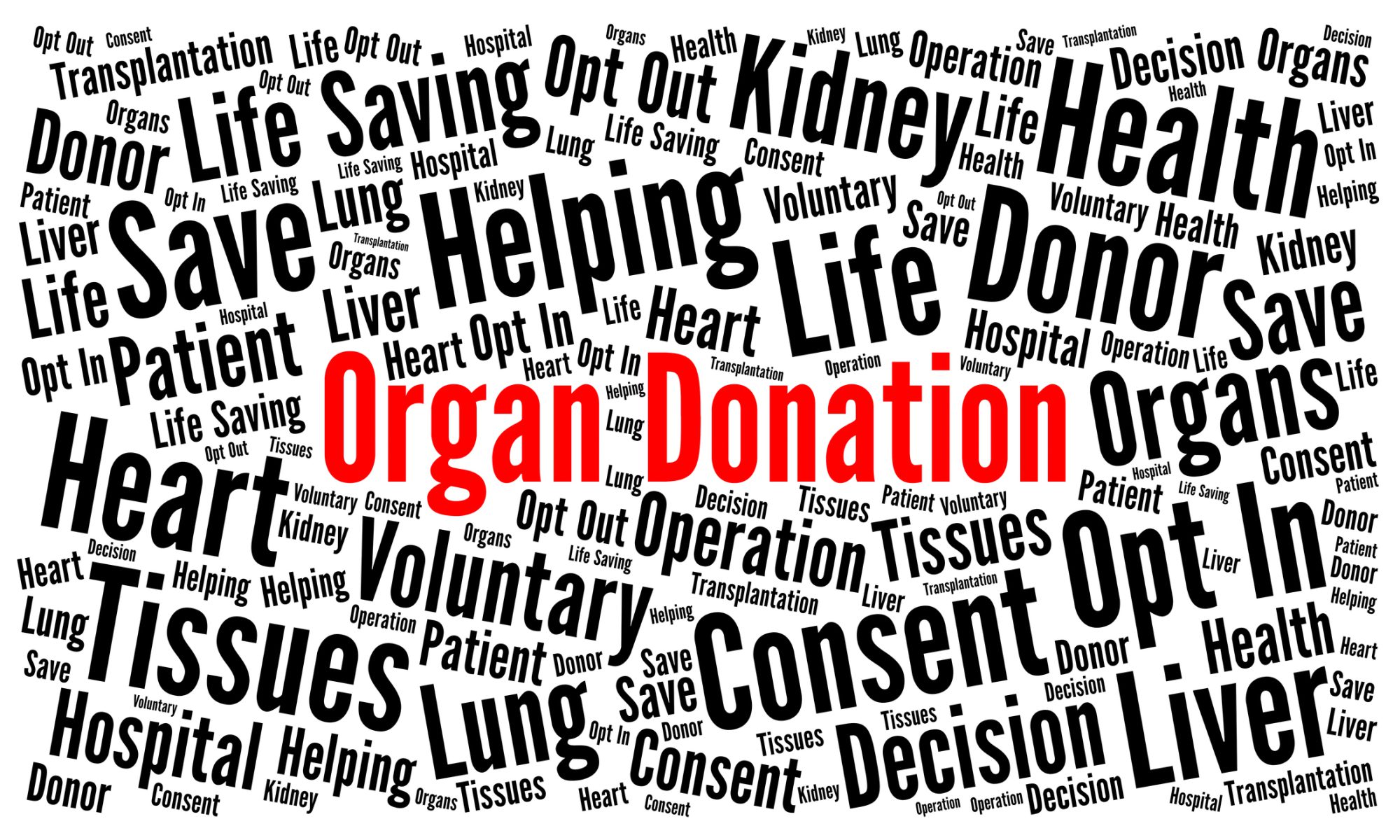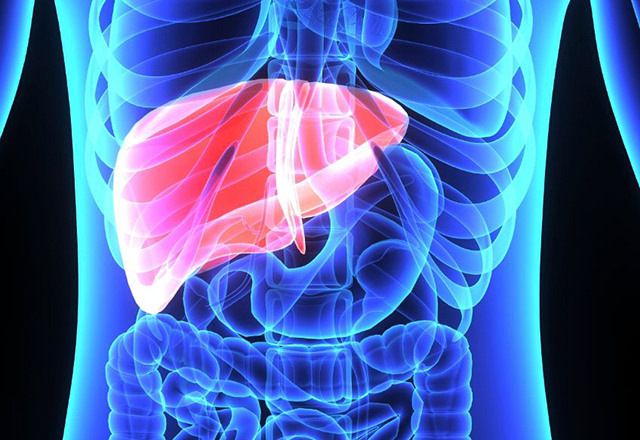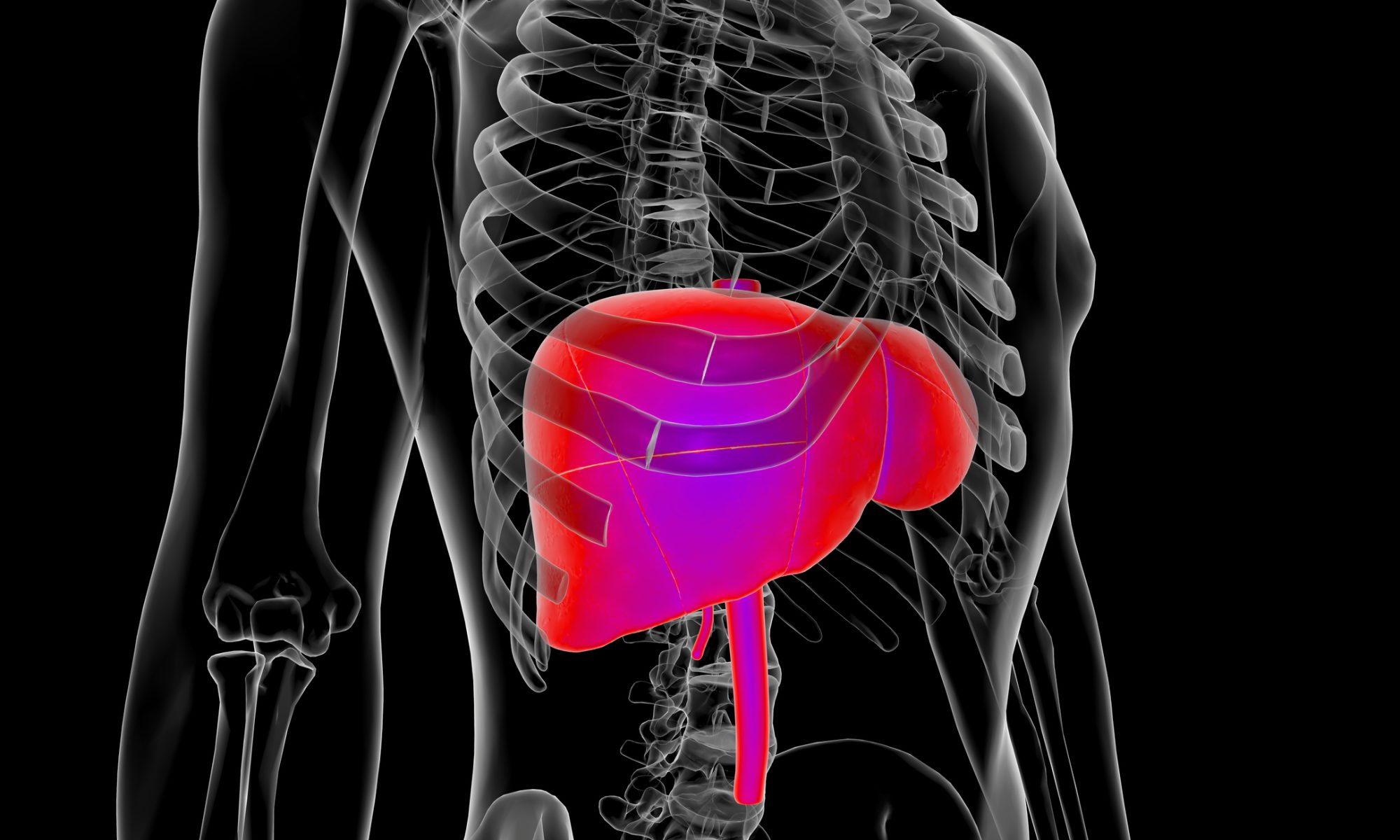Loading
Who am I now if I’m no longer a nurse, active mom, or needy CF patient?
By Jennifer Bleecher
The Merriam-Webster Dictionary defines identity as “the distinguishing character or personality of an individual.” Having a genetic, progressive, and life-shortening disease such as cystic fibrosis (CF) can consume a large part of a person’s physical, mental, and emotional state. It can feel that the disease becomes your identity.
CF was a fatal disease in 1971, when I was born. The average life expectancy at the time was 12. My symptoms were mild when I was young, so my mom decided not to share that prognosis with me. Back then, pancreatic enzymes and antibiotics were the only medications available to treat CF. The internet wasn’t born yet, so I had limited access to information about my disease. Read the article in Cystic Fibrosis News Today.
Loading
